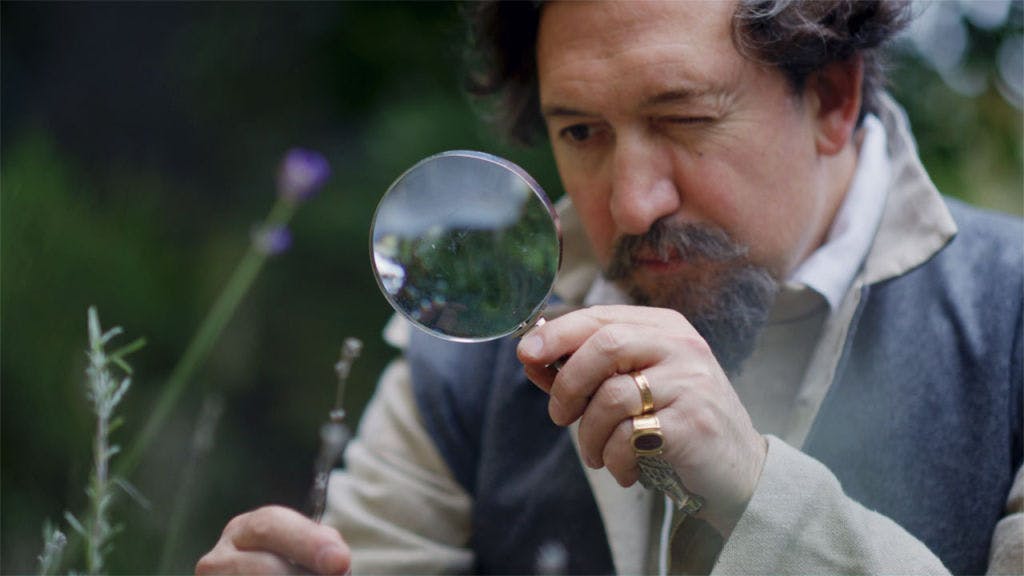
Video
About this learning resource
Format: Video
Once a favourite of Elizabeth I and famed for his expeditions to the New World, Sir Walter Raleigh was imprisoned at the Tower of London for 13 years by the new king, James I. This video tells the extraordinary story of how, after losing his power and position and under constant threat of execution, Raleigh struggled with depression before discovering he could help rebuild his own wellbeing by developing a medicinal garden outside his prison cell and making plant-based remedies. Some of Raleigh's plant ingredients are still used in medicines today. Please note: This video includes a reference to a suicide attempt.
National Curriculum links
- Lives of significant individuals in the past who have contributed to national and international achievements
- Be able to ask and answer simple questions about historical stories
- Explore how to maintain physical, mental and emotional health and wellbeing
Learning objectives
- Learn who Sir Walter Raleigh was
- Understand the impact Raleigh’s imprisonment had on his mental and physical health and how some of the activities he developed while imprisoned may have improved them
This content is hosted on YouTube
This content may be using cookies and other technologies for which we need your consent before loading. To view the content, you need to enable cookies for "Targeting Cookies & Other Technologies".
Manage CookiesResource Information
Key Stage
- KS2 (age 7-11)
- KS3 (age 11-14)
- KS4 (age 15-16)
- KS5 (age 16+)
- SEND
- Home Educators
Subjects
- History
- PSHE
Topic
- Stuarts
- Elizabethans
- Crime & Punishment
Type
- Videos
Palace
- Tower of London

This free, editable activity pack introduces children to each queen as a historical figure in her own right - going beyond the familiar rhyme of “divorced, beheaded, died”. It includes fact sheets, colouring, drawing and research activities.

Download an editable Tudor Kings and Queens Family Tree for Key Stage 2, Key Stage 3, Key Stage 4 and Key Stage 5. Use key facts, activities and historic sources to explore King Henry VIII, his queens and his children.

In this episode, students learn to spot key Georgian building features such as symmetry, columns and domes. They’ll also discover more about how the ancient Greeks and Romans inspired Georgian builders.
